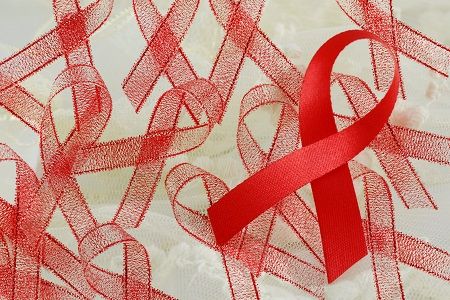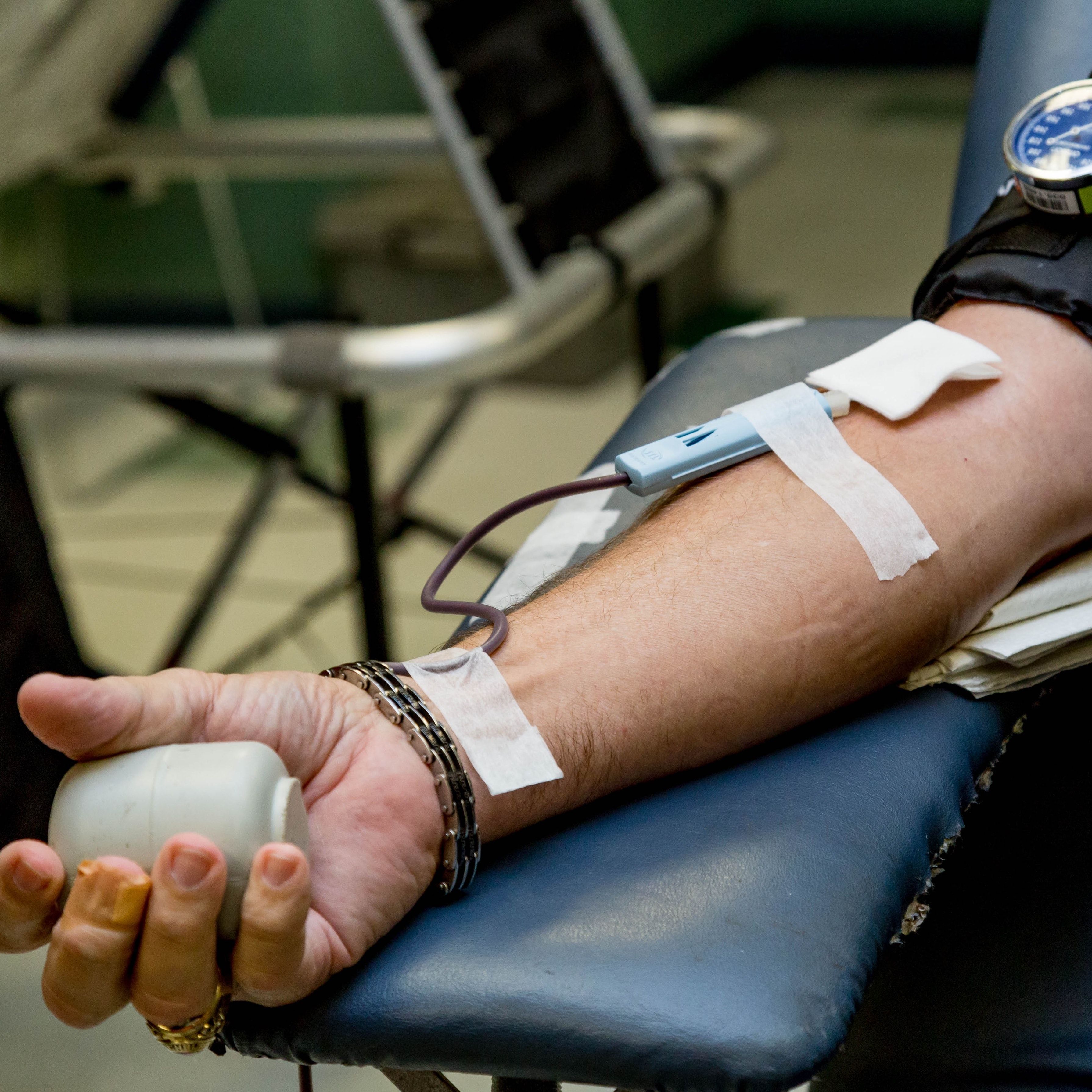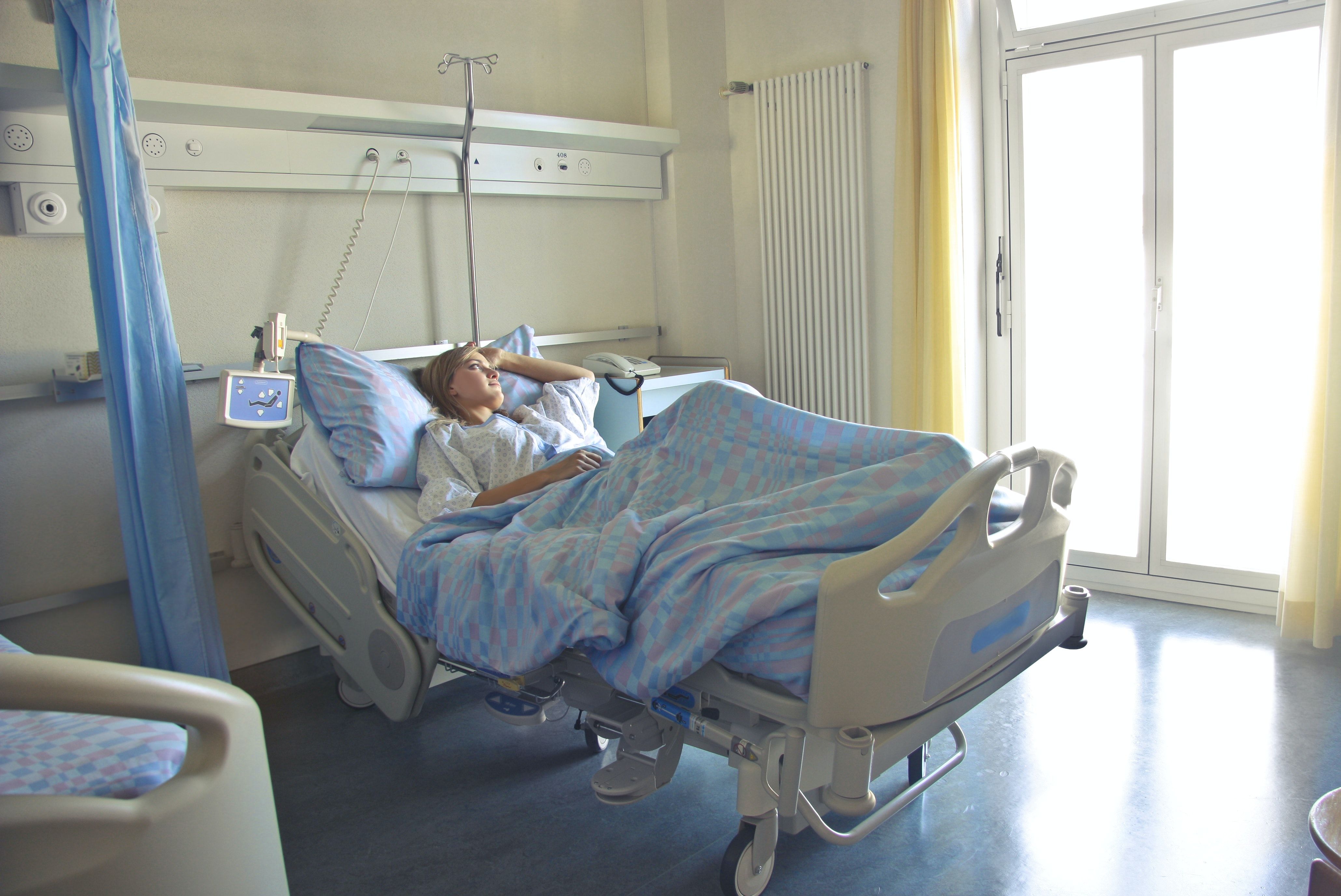Article
How a South African Boy with HIV Has Survived More Than Eight Years
Author(s):
“We ought to learn as much as we can about what makes these persons unique so we can find more therapeutic options that can be expanded to a larger population.”

An unknown South African boy may gain fame as the source of key clues to quelling the HIV virus. The announcement this summer of the boy’s 8-plus year survival after only 40 weeks of antiretroviral therapy (ART) in infancy has been heralded as a breakthrough.
The case strengthens hope for sparing HIV-infected children “the burden of life-long therapy and the health consequences of long-term immune activation” through a brief treatment period beginning in infancy, Anthony S. Fauci, MD, director of the National Institute of Allergy and Infectious Diseases (NIAID), said.
The National Institutes of Health (NIH)-funded study showed how the currently 9-year-old boy received seemingly successful ART treatment among 252 HIV-infected infants. Infants were treated from between 6-12 weeks old up until the age of 2 years old. The 125-patient control group in the study had ART initiation delayed for a median of 40 weeks.
The surviving child had started ART 2007, at 32 days old. His high viral load was suppressed after 40 weeks of therapy.
Avy Violari, MD — co-leader of the study, head of pediatric research at the Perinatal HIV Research Unit at University of the Witwatersrand in Johannesburg, South Africa — said, to her knowledge, it was the first reported case of “sustained control of HIV in a child enrolled in a randomized trial of ART interruption following treatment early in infancy.”
Perhaps due to its rarity, the explanation for the child’s survival versus other trial patients is currently unknown. Caroline Tiemessen, PhD, head of cell biology at the Centre of HIV and STIs of the National Institute of Communicable Diseases (NICD) in Johannesburg, said further analysis of the survivor may bring a stronger understanding as to “how the immune system controls HIV replication.”
David W. Rosenthal, DO, PhD — Medical Director for the Center for Young Adult, Adolescent and Pediatric HIV for Northwell Health in New York — believed that a combination of genetic factors and unique immunological marker expressions “together may make a difference in this child.”
Although, according to the NIH, there have been at least 2 other long-term HIV survivors to have received ART at an early age, their treatment differed from the South African boy’s. His short dose period and extended period of time removed from ART treatment makes his case unique, Rosenthal said.
He, and other survivors, may hold genetic or immunological clues to suppressing the once-lethal virus.
“We ought to learn as much as we can about what makes these persons unique so we can find more therapeutic options that can be expanded to a larger population,” Rosenthal said.
Press releases were provided by NIH and the University of the Witwatersrand.





